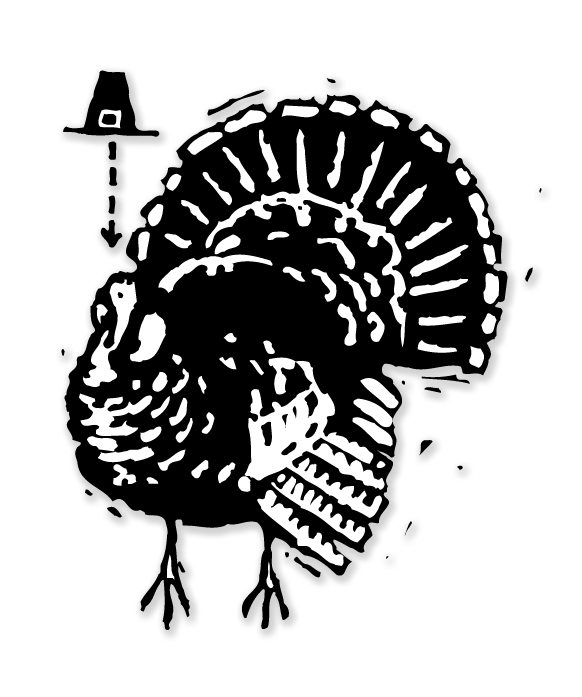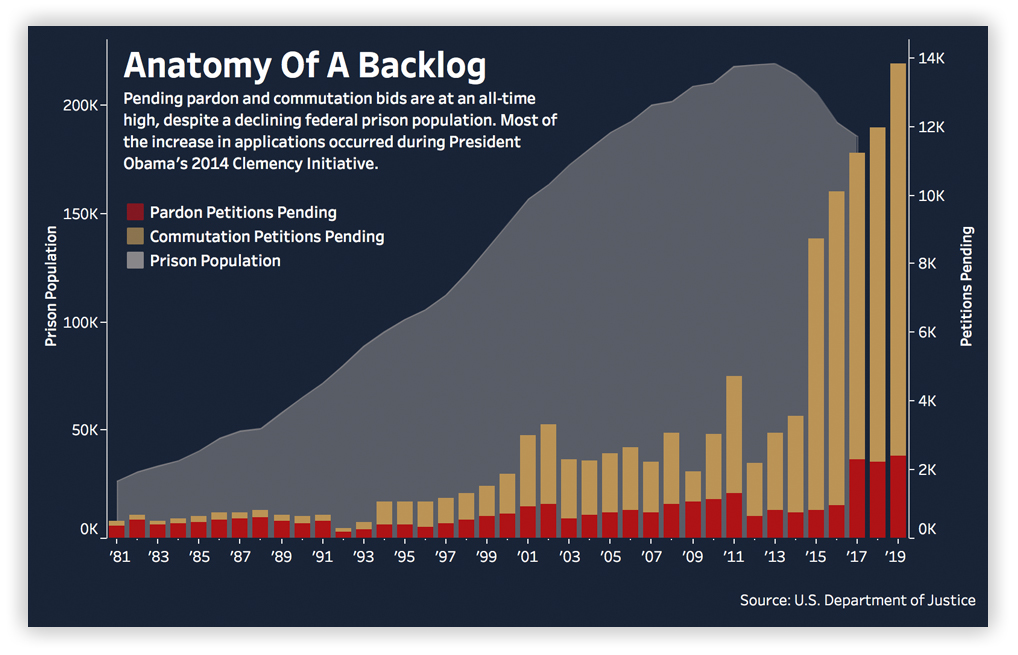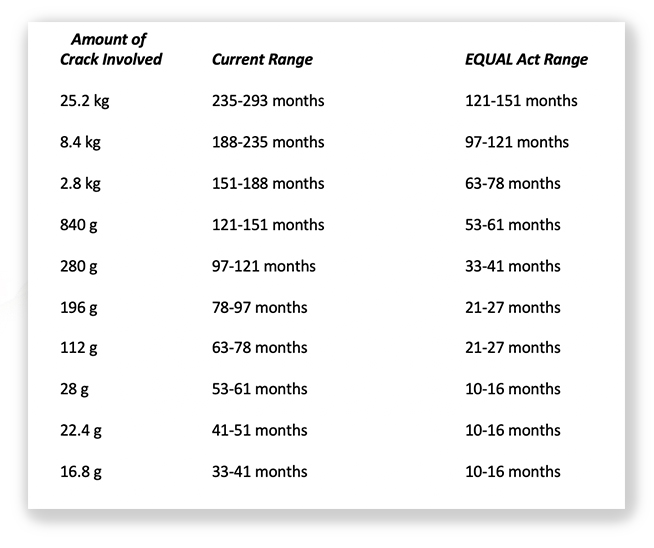We post news and comment on federal criminal justice issues, focused primarily on trial and post-conviction matters, legislative initiatives, and sentencing issues.

HOME FOR THE HOLIDAYS
 Eleven months of uncertainty came to an abrupt and welcome end yesterday as Attorney General Merrick Garland announced that the Dept. of Justice’s Office of Legal Counsel had reversed its January 2021 opinion, concluding that inmates sent to home confinement under the CARES Act will not have to return to prison when the COVID-19 national pandemic emergency ends.
Eleven months of uncertainty came to an abrupt and welcome end yesterday as Attorney General Merrick Garland announced that the Dept. of Justice’s Office of Legal Counsel had reversed its January 2021 opinion, concluding that inmates sent to home confinement under the CARES Act will not have to return to prison when the COVID-19 national pandemic emergency ends.
The decision reversed the OLC’s swan song from the last days of the Trump Administration that
the CARES Act authorizes the Director of BOP to place prisoners in home confinement only during the statute’s covered emergency period and when the Attorney General finds that the emergency conditions are materially affecting BOP’s functioning. Should that period end, or should the Attorney General revoke the finding, the Bureau would be required to recall the prisoners to correctional facilities unless they are otherwise eligible for home confinement under 18 U.S.C. § 3624(c)(2). We also conclude that the general imprisonment authorities of 18 U.S.C. § 3621(a) and (b) do not supplement the CARES Act authority to authorize home confinement under the Act beyond the limits of section 3624(c)(2).
Last July, things looked dire when the New York Times reported that the Biden DOJ had reviewed the OLC opinion and concluded that it was right. That was perhaps a trial balloon, because DOJ made no official announcement about any review. Nevertheless, the Times story unleashed a storm of criticism.
But yesterday, the Biden DOJ left a shiny gift under the tree for about 4,000 federal prisoners on home confinement. The new OLC memorandum begins
This Office concluded in January 2021 that, when the COVID-19 emergency ends, the Bureau of Prisons will be required to recall all prisoners placed in extended home confinement under section 12003(b)(2) of the Coronavirus Aid, Relief, and Economic Security Act who are not otherwise eligible for home confinement under 18 U.S.C. § 3624(c)(2). Having been asked to reconsider, we now conclude that section12003(b)(2) and the Bureau’s preexisting authorities are better read to give the Bureau discretion to permit prisoners in extended home confinement to remain there.
 The New York Times said this morning that the OLC’s reversal “was a rare instance when the department under Attorney General Merrick B. Garland reversed a high-profile Trump-era decision. It was also a victory for criminal justice advocates.”
The New York Times said this morning that the OLC’s reversal “was a rare instance when the department under Attorney General Merrick B. Garland reversed a high-profile Trump-era decision. It was also a victory for criminal justice advocates.”
But not completely unexpected. During a Senate Judiciary Committee oversight hearing last October, Garland said, “It would be a terrible policy to return these people to prison after they have shown that they are able to live in home confinement without violations, and as a consequence, we are reviewing the OLC memorandum… [and] all about other authorities that Congress may have given us to permit us to keep people on home confinement.”
He promised Sen. Cory Booker (D-NJ) that “we’re not in a circumstance where anybody will be returned before we have completed that review and implemented any changes we need to make.” At that session, Committee Chairman Richard Durbin (D-IL) complained that he was “frustrated by DOJ’s handling of COVID and prison issues.”
Yesterday, Garland said in a statement, “Thousands of people on home confinement have reconnected with their families, have found gainful employment and have followed the rules. In light of today’s Office of Legal Counsel opinion, I have directed that the Department engage in a rulemaking process to ensure that the Department lives up to the letter and the spirit of the CARES Act. We will exercise our authority so that those who have made rehabilitative progress and complied with the conditions of home confinement, and who in the interests of justice should be given an opportunity to continue transitioning back to society, are not unnecessarily returned to prison.”
A White House spokesman said in a statement that President Biden welcomed the change, noting “the relief it will mean for thousands of individuals on home confinement who have worked hard toward rehabilitation and are contributing to their communities.”
 Ohio State University law professor Doug Berman had an interesting observation about Garland’s statement in his Sentencing Law and Policy blog: “This statement by AG Garland suggests that DOJ is now going to engage in ‘rulemaking’ that will create a set of requirements or criteria about who may get to stay on home confinement and who might be returned to prison after the pandemic ends. I am not sure how that rulemaking process will work, but I am sure the AG statement is hinting (or flat-out saying) that there will still be some in the “home confinement cohort” who may need to worry about eventually heading back to federal prison.”
Ohio State University law professor Doug Berman had an interesting observation about Garland’s statement in his Sentencing Law and Policy blog: “This statement by AG Garland suggests that DOJ is now going to engage in ‘rulemaking’ that will create a set of requirements or criteria about who may get to stay on home confinement and who might be returned to prison after the pandemic ends. I am not sure how that rulemaking process will work, but I am sure the AG statement is hinting (or flat-out saying) that there will still be some in the “home confinement cohort” who may need to worry about eventually heading back to federal prison.”
For now, the impetus for prisoners to qualify for CARES Act placement, which can continue as long as the emergency lasts (and if omicron has anything to say about it, it will be awhile) will increase. CARES Act placement will rightly be seen as not just a furlough but as a bus ticket home. And we’ll just have to see whether a DOJ rulemaking wants to turn that shiny gift Biden left under the tree into a pair of underpants.
The New York Times, Biden Legal Team Decides Inmates Must Return to Prison After Covid Emergency (July 19, 2021)
The New York Times, Some Inmates Can Stay Confined at Home After Covid Emergency, Justice Dept. Says (December 22, 2021)
Sentencing Law and Policy, New OLC opinion memo concluding CARES Act “grants BOP discretion to permit prisoners in extended home confinement to remain there” (December 21, 2021)
DOJ, Statement by Attorney General Merrick B. Garland (December 21, 2021)
– Thomas L. Root























